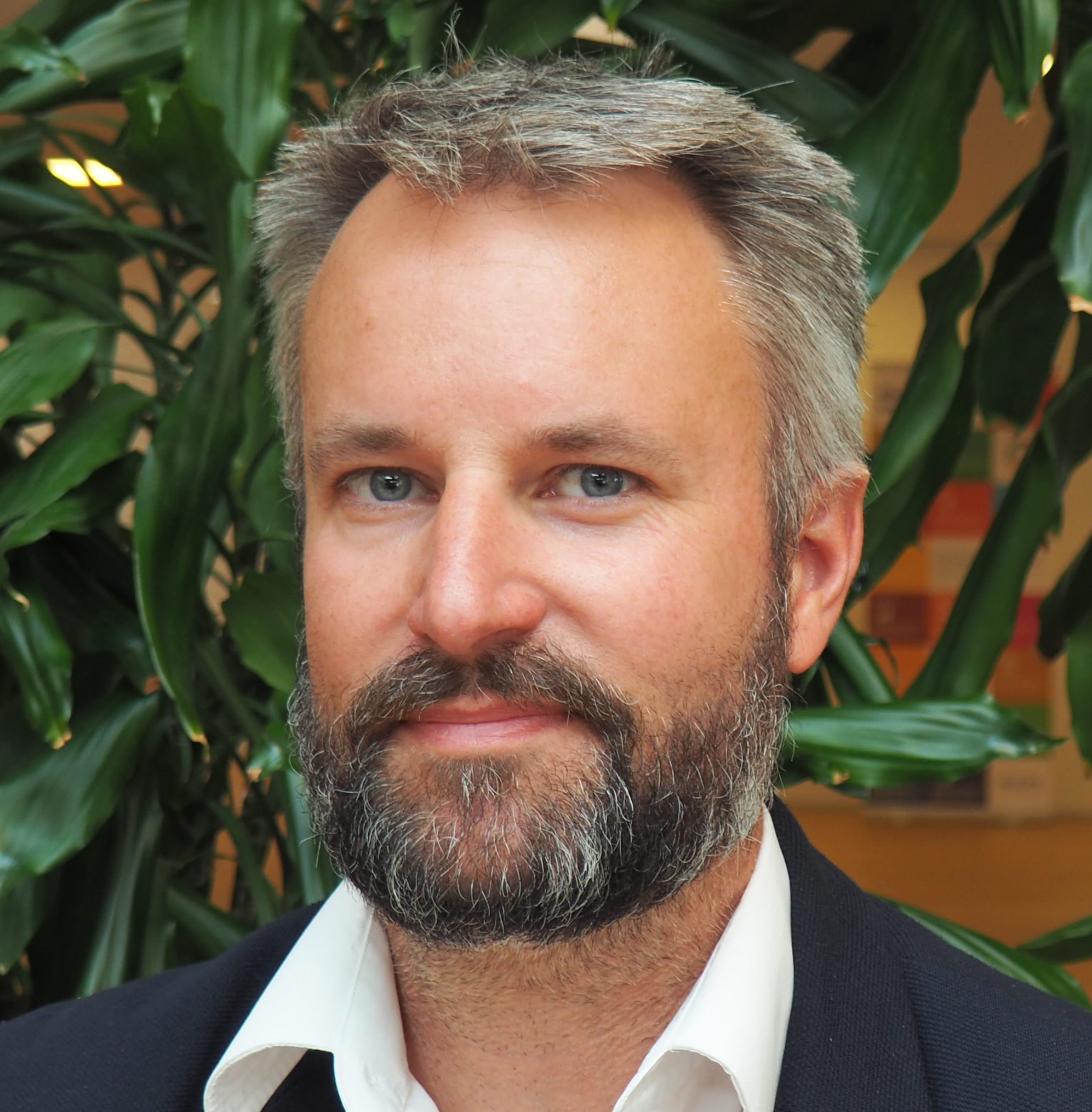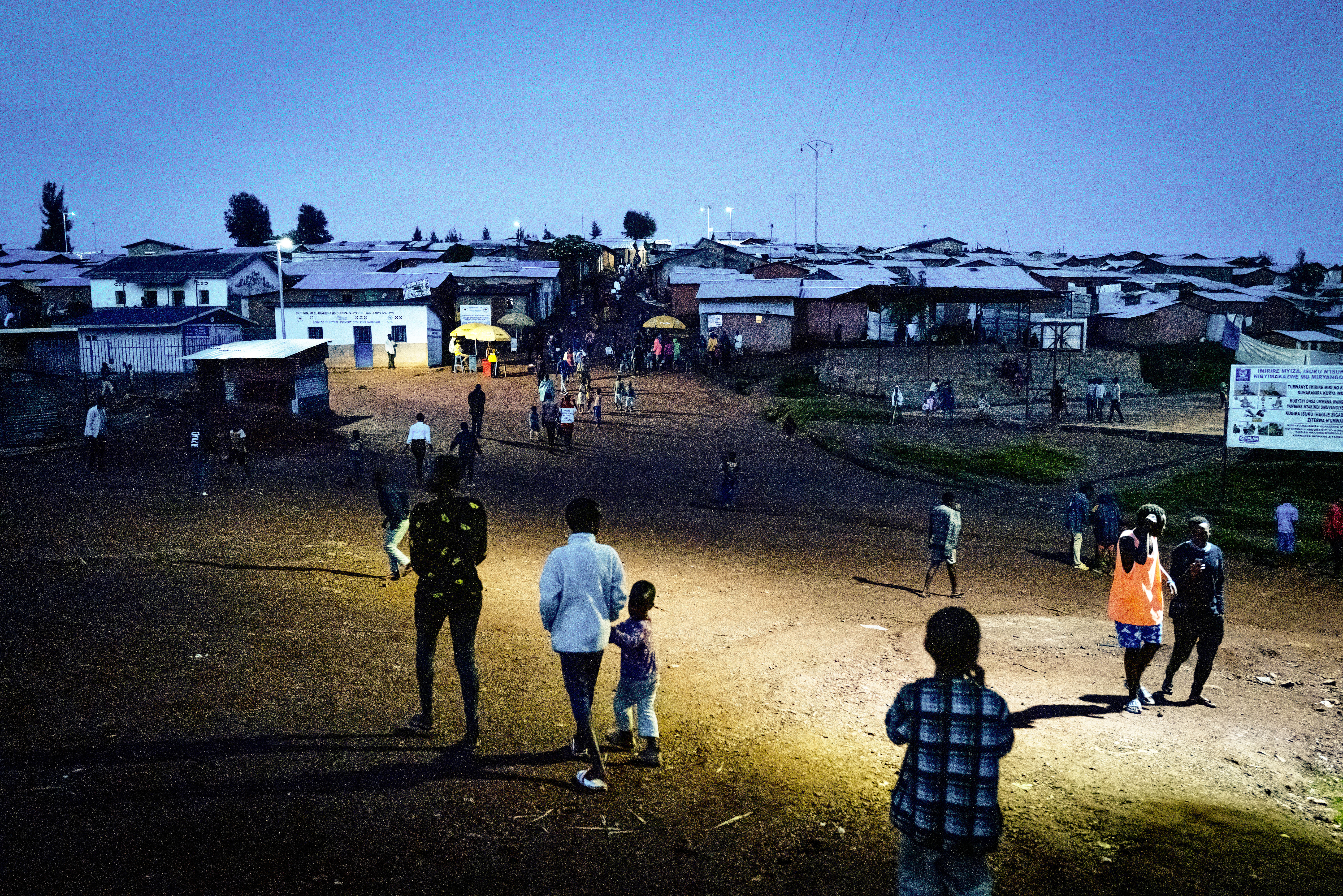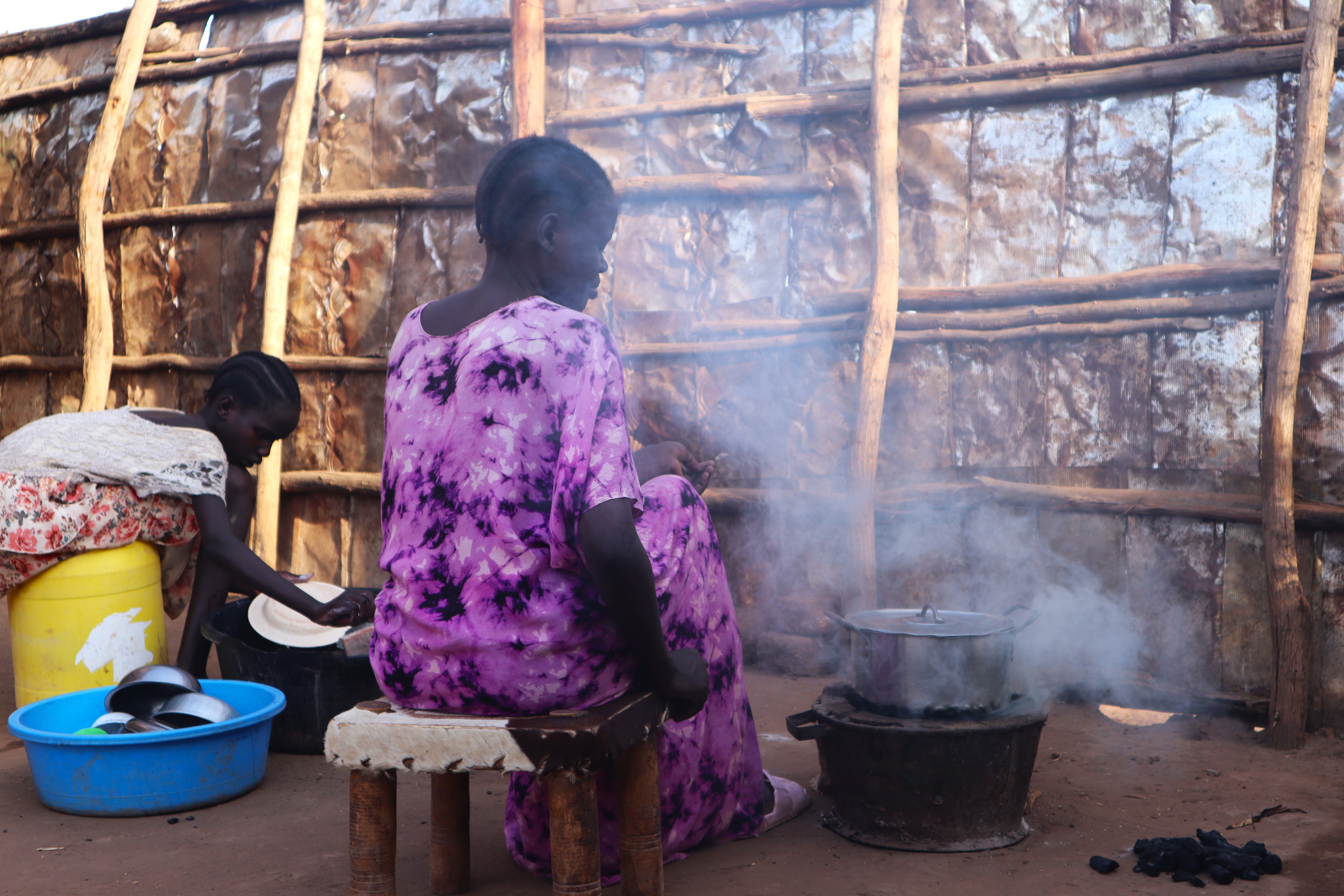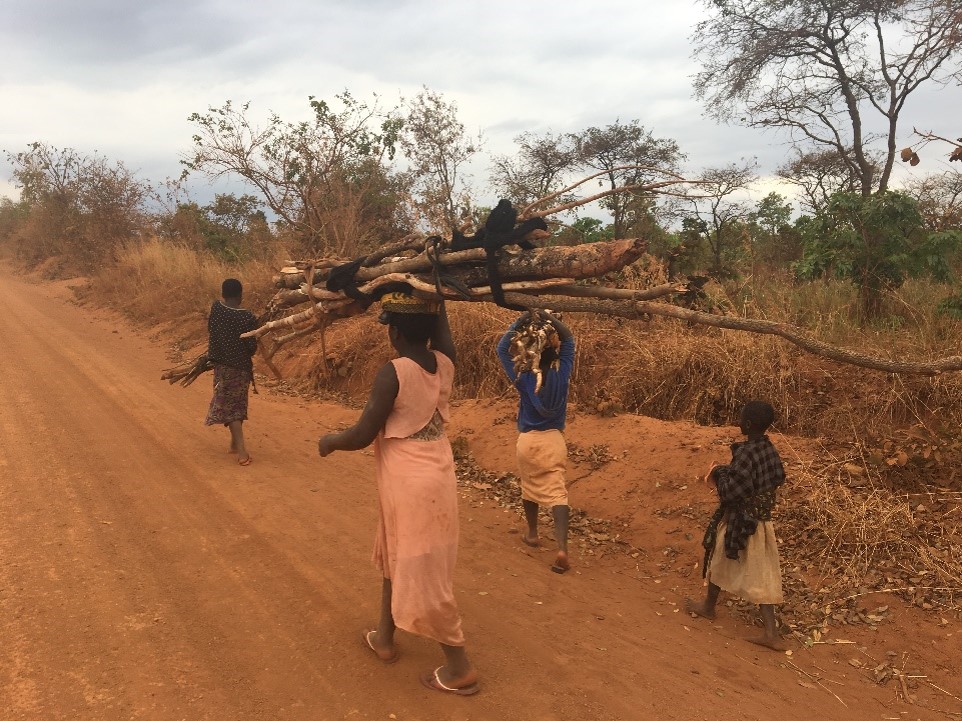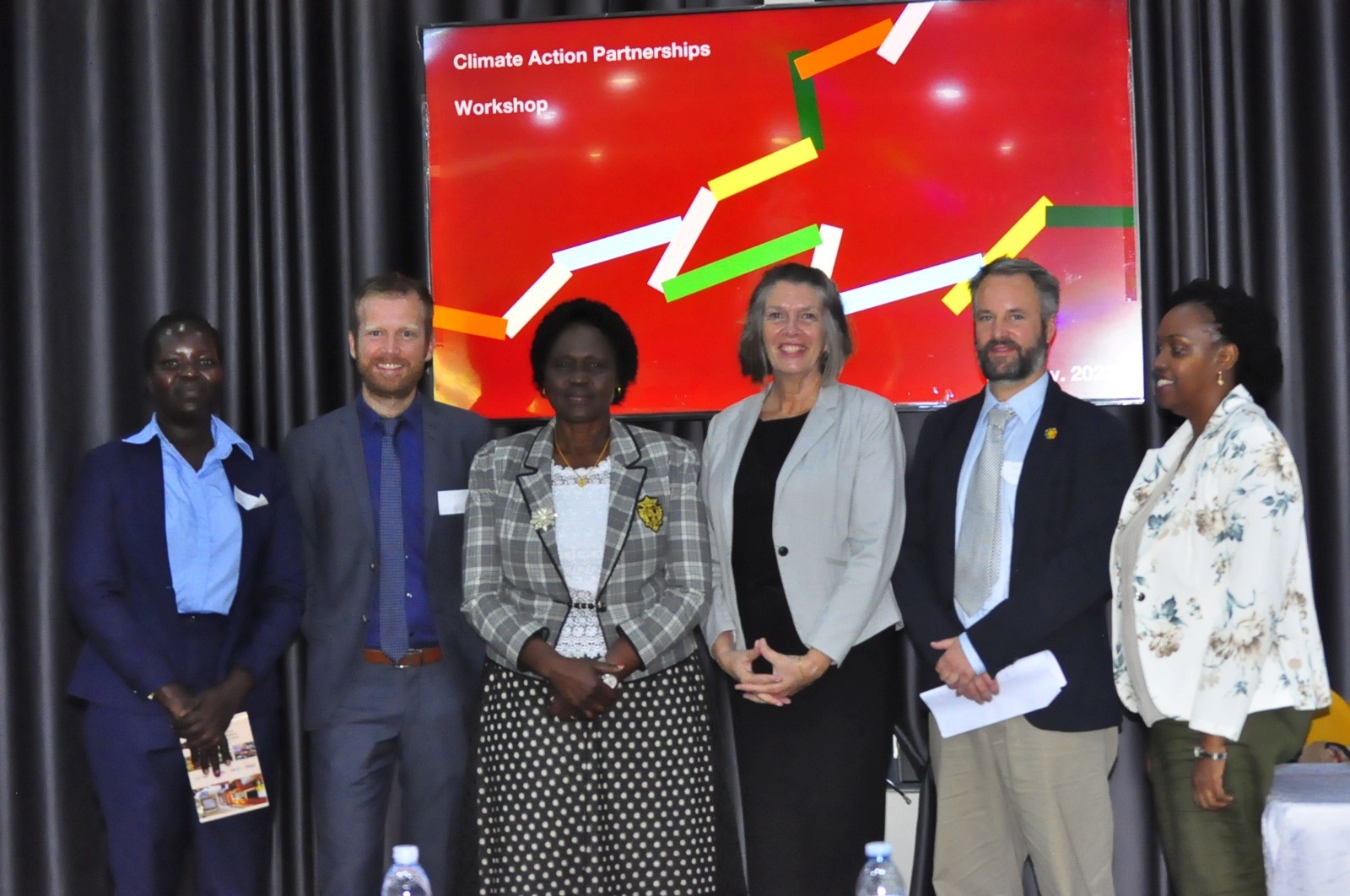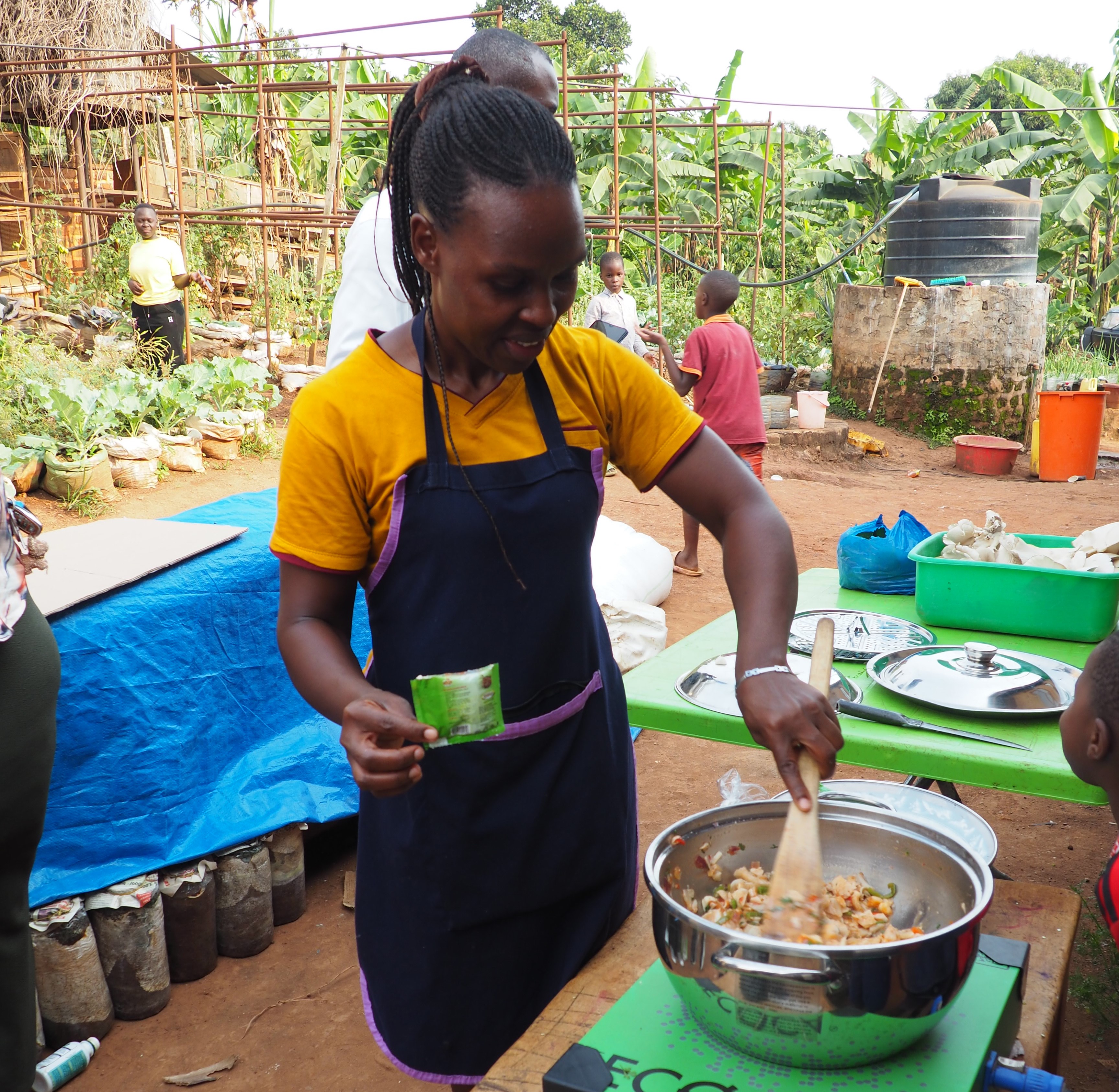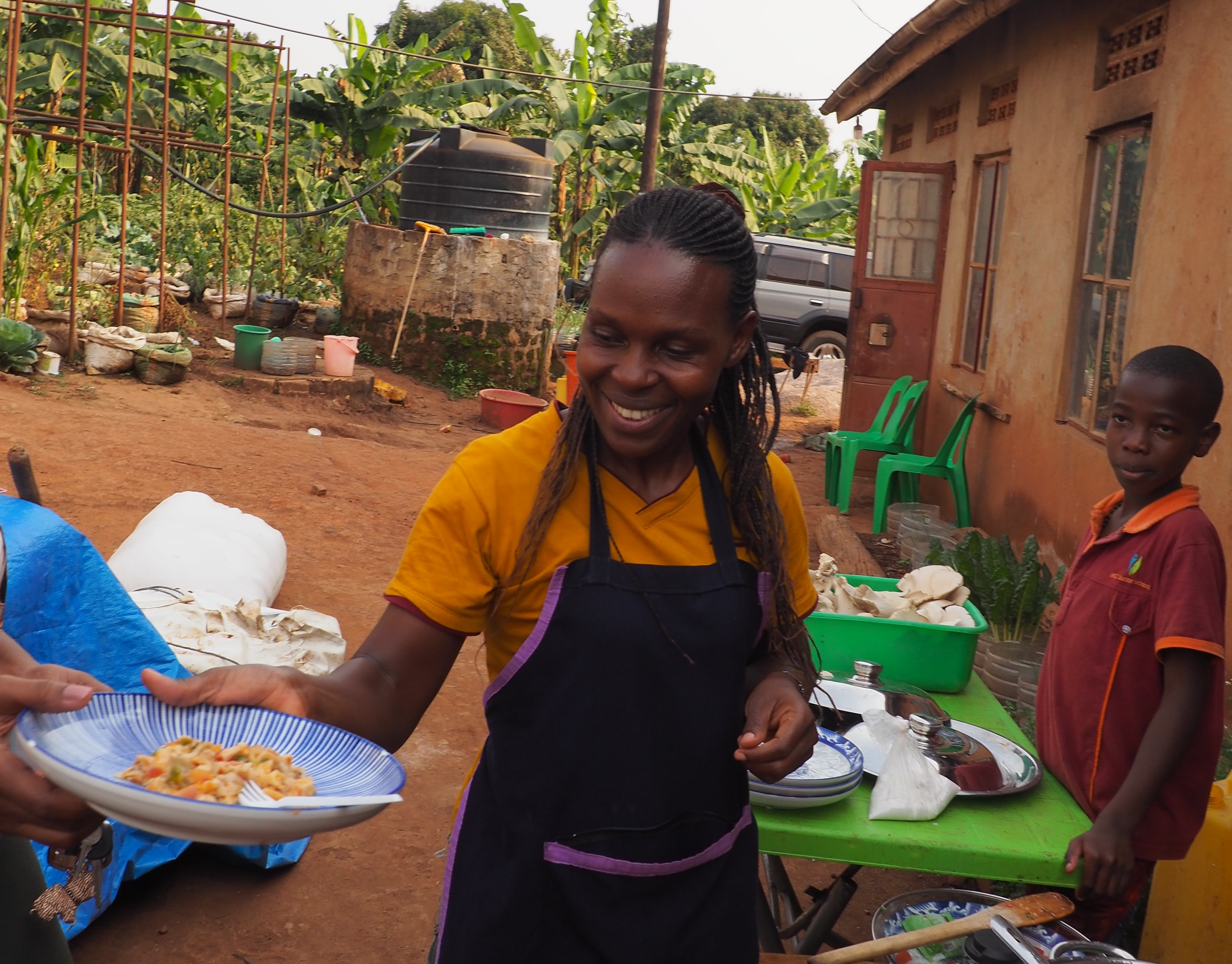Currently, more than 1.5% of the global population are forcibly displaced. Now at over 120 million people this is nearly double the number from a decade ago, with women and girls being the most affected. If current trends and drivers of displacement remain then this number is likely to increase, with up to 216 million people internally displaced by environmental crises alone by 2050.
These figures from UNEP’s Foresights Report (2024) show how multiple crises of conflict, climate change, economic, and other pressures are creating a new era of forced displacement, as people migrate – often across borders — with intensified scale and impact.
Once displaced, refugees and internally displaced populations (IDPs) are often the hardest hit by climate change, increasing protection risks, and their presence can also be a source of environmental impact. Such populations have, on average, lower levels of access to sustainable energy, agricultural livelihoods, water, health, and quality shelter, while the average age of a refugee settlement in Africa is around 20 years.
Global and national policy commitments have sought to deliver long-term solutions on climate action for displaced populations and their host communities, by supporting political and organisational change. For example, the UNHCR Climate Action Strategy, the Clean Energy Challenge and the Ugandan Government’s Sustainable Energy Response Plan (SERP) for Refugees and Host Communities. Several refugee hosting countries have also developed policies which support refugee livelihoods and access to jobs for displaced people and explicitly include displaced populations in their NDCs, such as in Uganda which hosts more than 1.7m refugees from South Sudan and DRC as well as Somalia, Burundi, Sudan and other nationalities.
Despite these commitments, global progress on climate action both within humanitarian organisations and on the ground has been slow – particularly for SDG 13 on climate action and SDG 7 on sustainable energy. More than 94% of displaced households in camps and settlements do not have access to electricity and humanitarian agencies spend over $108 million on polluting diesel fuel per year, emitting more than 194,000 tCO2. Fuel poverty among displaced people can lead to unsustainable deforestation and a range of risks to human life and health, including Household Air Pollution, conflict with local communities, and violent crimes committed against the refugee women and children who walk to gather wood.
Solar energy technologies of various scales have the potential to accelerate access to energy, especially in off-grid areas of Africa where the feasibility, supply and cost of standalone systems brings them within reach of even low-income households. Advances in mini-grid technology, battery storage, efficient appliances, and smart grids, serve to accelerate access by reducing the need for excess generation capacity, thereby lowering the capital cost of new power systems.
Addressing the impacts of climate change upon displaced people and their host communities requires progressive political action to drive new analysis and policy support capable of overcoming governance barriers and improving stakeholder engagement, most notably with the private sector.
Sustainable business models are required for the private-sector and humanitarian agencies to work together to deliver low-carbon and climate resilient access to clean energy for displaced people.
To this end, the Climate Action Partnerships led by Last Mile Climate convenes stakeholders from across the climate, sustainable energy, development, and humanitarian communities to drive progressive action on addressing the climate crisis in displacement settings.
The project convenes and aligns key actors around ambitious scalable commitments submitted to UNHCR, in support of the Global Compact on Refugees that calls for multistakeholder responses. Specifically, UNEP-CCC is helping to drive forward two “Climate Action Partnerships”:
SOLCO, led by Last Mile Climate as part of the Global eCooking Coalition (GeCCo) initiative launched at COP28, is focused on enabling affordable access to solar electric cooking for displaced families and their host communities. It aims to transition more than 250,000 households to solar-electric cooking by 2027. SOLCO collaborates with global, national, and local partners to accelerate clean cooking adoption in refugee-hosting regions. SOLCO is designed as a public-private partnership platform that leverages climate financing and private sector investment through localized market-based implementation to scale solar-electric cooking solutions. It aims to mobilize at least $100 million for clean cooking transition in displacement settings. .
EcoAdapt is focused on large-scale climate adaptation through nature-based solutions in refugee-hosting regions. The initiative integrates indigenous knowledge with scientific advancements to drive ecosystem restoration, reforestation, and climate resilience. EcoAdapt serves as a collaborative platform that brings together governments, NGOs, communities, and the private sector to implement scalable, sustainable solutions aligned with host country climate policies. EcoAdapt seeks to attract investments and funding to support large-scale climate adaptation projects, with an emphasis on public-private collaboration to ensure long-term sustainability.
The project is implemented in partnership with the Ikea Foundation, with support to UNEP-CCC delivered through LMC.
UNEP’s role in climate displacement and UNEP-CCC’s contribution
UNEP is engaged in the topic of climate change and forced displacement and migration through more than 20 ongoing projects via units including the Climate Change Adaptation Unit and the Disasters and Conflicts Branch, both located in the headquarters in Nairobi.
The UNEP Copenhagen Climate Centre is also a co-founder of the UN’s Global Platform for Action on Sustainable Energy in Displacement Settings, where it has been a co-chair of the working group on research and data and has conducted research and analysis on the energy needs of displaced populations in East Africa and helping to design viable business and financing models for clean energy access.
At COP27, UNEP and UNEP-CCC participated in a discussion on the main issues, needs and opportunities to include displaced populations into future NDCs and energy policies. UNEP then published a Policy Brief on “Integrating displaced populations into national climate change policy and planning” in partnership with IOM, the NDC Partnership and the GPA ahead of the Africa Climate Week in 2023.
UNEP’s support to this agenda is listed under commitment #92 in the 2022-2025 Medium Term Strategy, which states that “UNEP will work with UNHCR and the UN inter agency Global Plan of Action… to support access to clean energy for refugees and people displaced by conflict and environmental stresses, in particular women, to avoid the health impacts from inefficient cooking practices and lighting and the related unsustainable deforestation”. UNEP-CCC is also listed as a partner in support of UNHCR’s ‘Clean Energy Challenge’, launched at the first Global Refugee Forum in 2019.
UNEP-CCC in partnership with Last Mile Climate provides policy analysis and technical advisory support to SOLCO and EcoAdapt, particularly in engaging host governments and aligning the initiatives with national climate policies. Last Mile Climate leads the private-sector engagement, partnerships, and financing strategies to ensure the successful market-driven implementation of these Climate Action Partnerships.
Share this
Focus area: Climate Planning and Policy, Technology assessment, transfer, implementation and uptake







